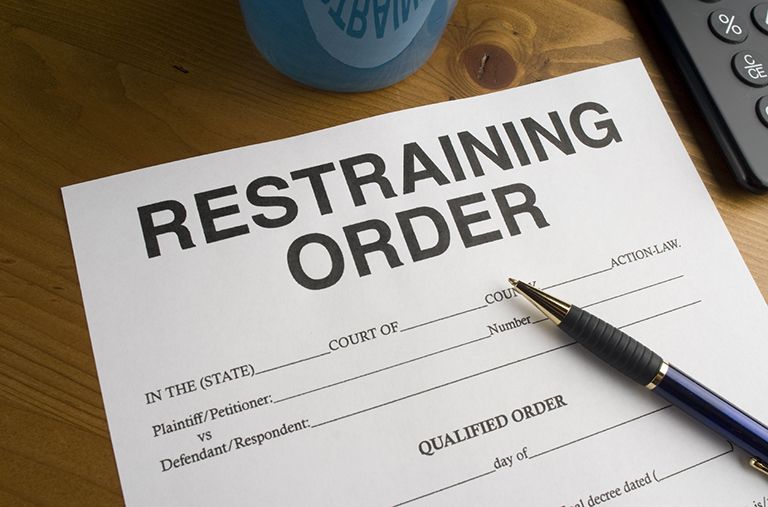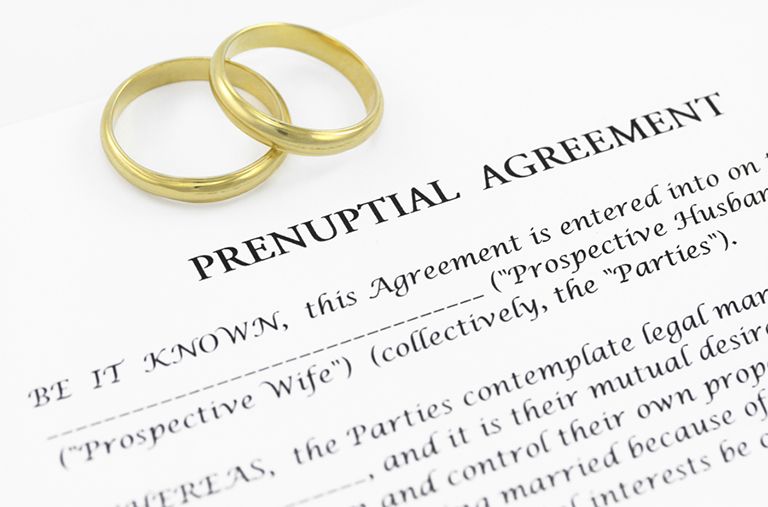– Theodore Roosevelt

The creation of a parent-child relationship by judicial order between two parties who usually are unrelated; the relation of parent and child created by law between persons who are not in fact parent and child. This determination is brought about only after a determination that the child is an orphan or has been abandoned, or that the parents’ rights have been terminated by court order. Adoption creates a parent-child relationship between the adopted child and the adoptive parents with all the rights, privileges, and responsibilities that attach to that relationship, though there may be agreed exceptions.
Black’s Law Dictionary 55 (9th ed. 2009).
The care, control, and maintenance of a child awarded by a court to a responsible adult. Custody involves legal custody (decision-making authority) and physical custody (caregiving authority), an award of custody usually grants both rights. In a divorce or separation proceeding between the parents, the court usually awards custody to one of them (one or both jointly) unless both are found to be unfit, in which case the court may award custody to a third party, typically a relative. In a case involving parental dereliction, such as abuse or neglect, the court may award custody to the state for placing the child in foster care if no responsible relative or family friend is willing and able to care for the child. Black’s Law Dictionary 441 (9th ed. 2009).


Modification Order:
A post-divorce order that changes the terms of child support, custody, visitation, or alimony. A modification order may be agreed to by the parties or may be ordered by the court. The party wishing to modify an existing order must show a material change in circumstances from the time when the order sought to be modified was entered. Black’s Law Dictionary 1095 (9th ed. 2009).
Annulment:
A judicial or ecclesiastical declaration that a marriage is void. An annulment establishes that the marital status never existed. So annulment and dissolution of marriage (or divorce) are fundamentally different; an annulment renders a marriage void from the beginning, while dissolution of marriage terminates the marriage as of the date of the judgment of dissolution. Black’s Law Dictionary 106 (9th ed. 2009).
Divorce:
The legal dissolution of marriage by a court. Black’s Law Dictionary 549 (9th ed. 2009).
Dissolution of Marriage:
A divorce-like remedy available when both spouses have signed a separation agreement that deals with (1) the issue of alimony (providing either some or none), and (2) if there are children, the issues of support, custody, and visitation. Black’s Law Dictionary 542 (9th ed. 2009).
Divorce agreement:
A contractual agreement that sets out divorcing spouses’ rights and responsibilities regarding property, alimony, custody, visitation, and child support. The divorce agreement usually becomes incorporated by court order as a part of the divorce decree and thus is enforceable by contempt, among other remedies. Black’s Law Dictionary 551 (9th ed. 2009).


A guardian , usually a lawyer, appointed by the court to appear in a lawsuit on behalf of an incompetent or minor party. Black’s Law Dictionary 774 (9th ed. 2009).
The fiduciary relationship between a guardian and a ward or other incapacitated person, whereby the guardian assumes the power to make decisions about the ward’s person or property. A guardianship is almost always an involuntary procedure imposed by the state on the ward. Black’s Law Dictionary 776 (9th ed. 2009).
Guardianship of the estate:
A guardianship in which the guardian can make decisions only about matters regarding the ward’s assets and property. Black’s Law Dictionary 776 (9th ed. 2009).
Guardianship of the person:
A guardianship in which the guardian is authorized to make all significant decision affecting the ward’s well-being, including the ward’s physical custody, education, health, activities, personal relationships, and general welfare. Black’s Law Dictionary 776 (9th ed. 2009).


Separation:
An arrangement whereby a husband and wife live apart from each other while remaining married, either by mutual consent (often in a written agreement) or by judicial decree. Black’s Law Dictionary 1487 (9th ed. 2009).
Separation agreement:
An agreement between spouses in the process of a divorce or legal separation concerning alimony, maintenance, property division child custody and support, and the like. Black’s Law Dictionary 1487 (9th ed. 2009).
A parent’s legal obligation to contribute to the economic maintenance and education of a child until the age of majority, the child’s emancipation before reaching majority, or the child’s completion of secondary education. The obligation is enforceable both civilly and criminally. In a custody divorce action, the money legal owed by one parent to the other for the expenses incurred for children of the marriage. The right to child support is the child’s right and cannot be waived, and any divorce-decree provision waiving child support is void. Black’s Law Dictionary 274 (9th ed. 2009).


Protection Order or Restraining Order:
A court order prohibiting family violence; especially an order restricting a person from harassing, threatening, and sometimes merely contacting or approaching another specified person. This type of order is issued most commonly in cases of domestic violence. A court may grant an ex parte restraining order in a family-violence case if it is necessary to (1) achieve the government’s interest in protecting victims of family violence from further abuse, (2) ensure prompt action where there is an immediate threat of danger, and (3) provide governmental control by ensuring that judges grant such orders only where there is an immediate danger of such abuse. Black’s Law Dictionary 1428-29 (9th ed. 2009).
Paternity:
The state of condition of being a father, especially a biological one. Black’s Law Dictionary 1241 (9th ed. 2009).
Paternity suit:
A court proceeding to determine whether a person is the father of a child (especially one born out of wedlock), usually initiated by the mother in an effort to obtain child support. Black’s Law Dictionary 1241 (9th ed. 2009).


An agreement made before marriage usually to resolve issues of support and property division if the marriage ends in divorce or by thee death of a spouse. Black’s Law Dictionary 1301 (9th ed. 2009).
A third-party custody arrangement gives third party child custody rights to someone who is not the biological parent. A third-party custody action may be brought by a relative of the child in question or someone who is acting as a parent to the child.









